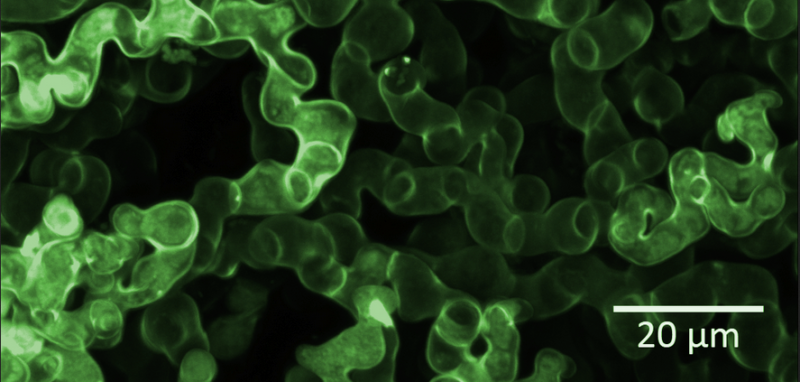
Sidestreams of forest biorefineries can be used to produce protein as raw material for fish feed. Based on the Pekilo microfungus, the method was used in the 1970s to produce proteins from by-products of softwood pulp manufactured by the sulfite process.
The sulfite process was later abandoned, and the production of the proteins also stopped. Now, the eniferBio company, hatched in the business incubator of VTT Technical Research Centre of Finland, has developed a new method for using current industrial sidestreams to produce protein.
The Pekilo fungus is exceptionally well suited to converting dilute sidestreams into commercial feed. However, pulp mills using the Kraft (sulfate) process do not have a suitable sidestream.
eniferBio is interested in sidestreams from Boreal Bioref, Kaicell and other forest biorefineries currently being planned in Finland, as well as in bioethanol projects based on wood, such as those by NordFuel and St1. Other areas of interest include biorefineries using other raw materials, such as those planned by Fortum-Chempolis and UPM, among others.
‘Sidestreams from biorefineries of types that are new in Finland are extremely interesting to us as raw materials,’ says Simo Ellilä, co-founder and CEO of eniferBio. ‘Examples include the distilling dregs of bioethanol and the prehydrolysis liquor from the manufacturing of dissolving pulp.’
The ultimate aim is to produce raw material for fish feed. ‘We have modified the process to meet the high requirements for protein used in fish feed. As the product can be used instead of imported soy, it also improves protein self-sufficiency,’ Ellilä continues.
Fish is a more ecological source of protein than meat, and its consumption continues to grow. The depletion of natural fish stocks has increased fish farming, but that is constrained by the scarcity of sustainably produced feed.
eniferBio’s technology has been tested and optimised at VTT’s business incubator, VTT LaunchPad, which has assisted the company in forming networks with industries and producers of fish feed. ‘The process can be optimised to suit the raw material available. The utilisation of sidestreams as a source of revenue is gaining in importance at biorefineries all over the world,’ Ellilä adds.
eniferBio has currently access to funding exceeding EUR 1 million, from Nordic FoodTech VC and Voima Ventures, among others.